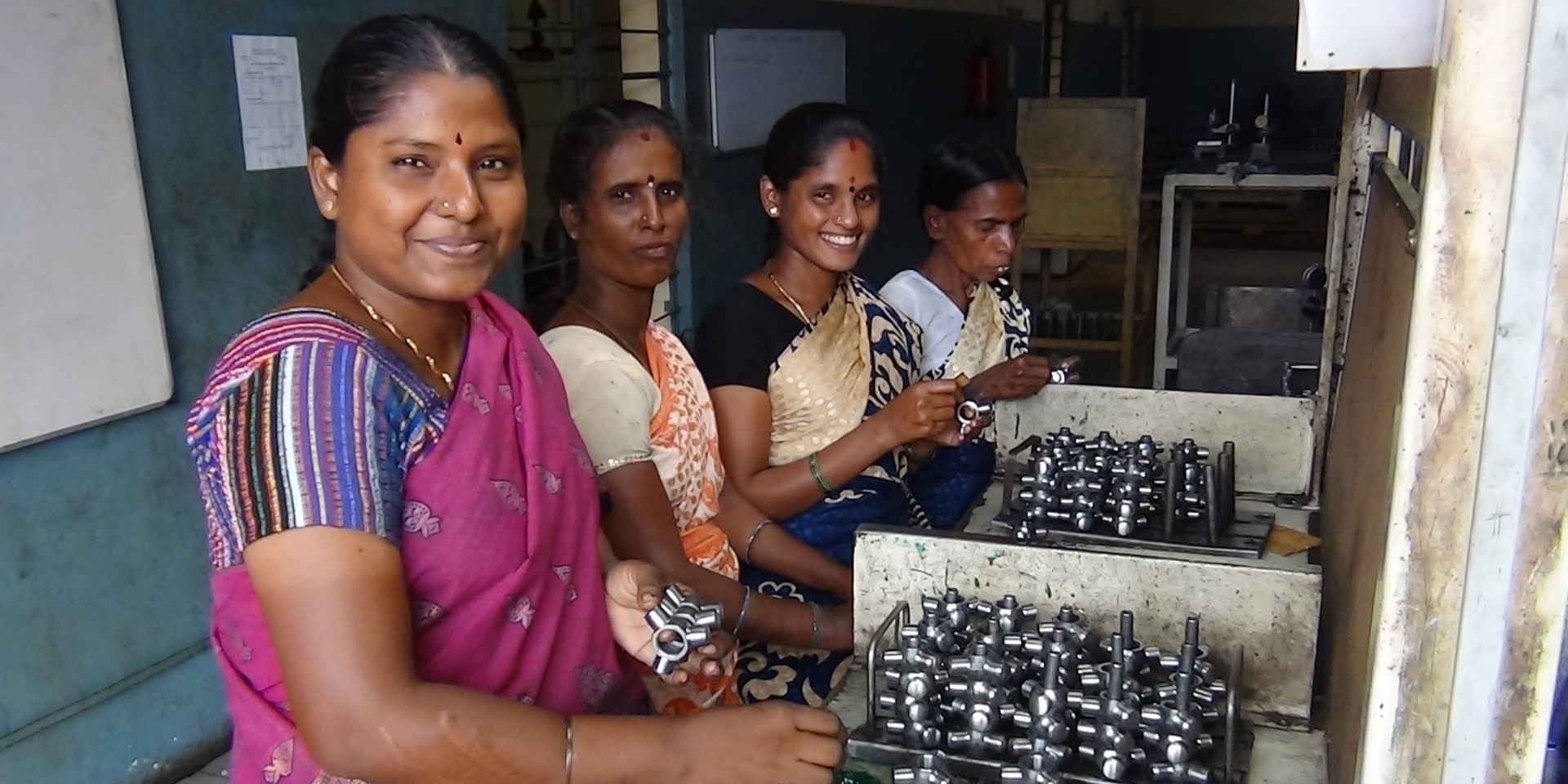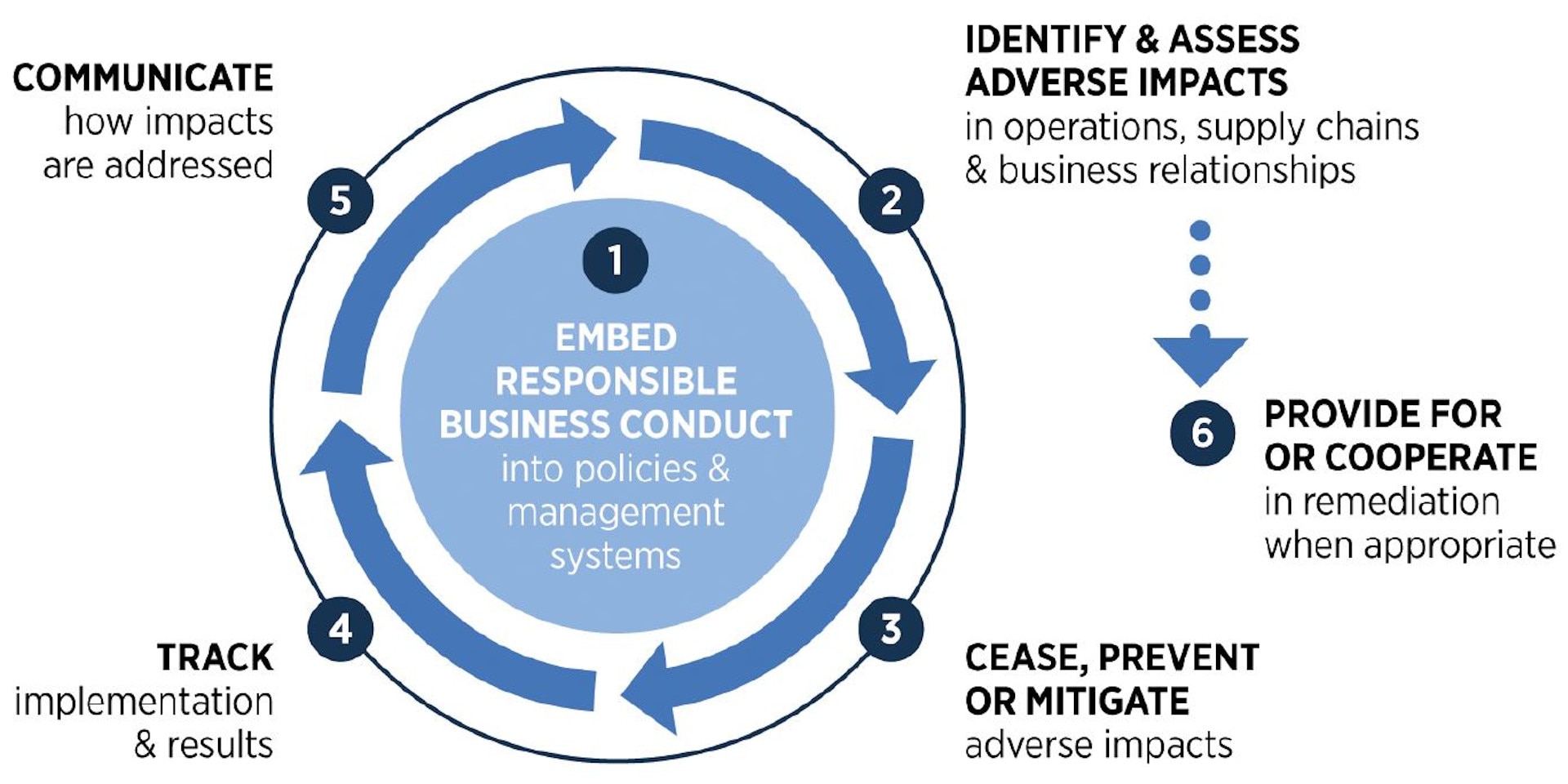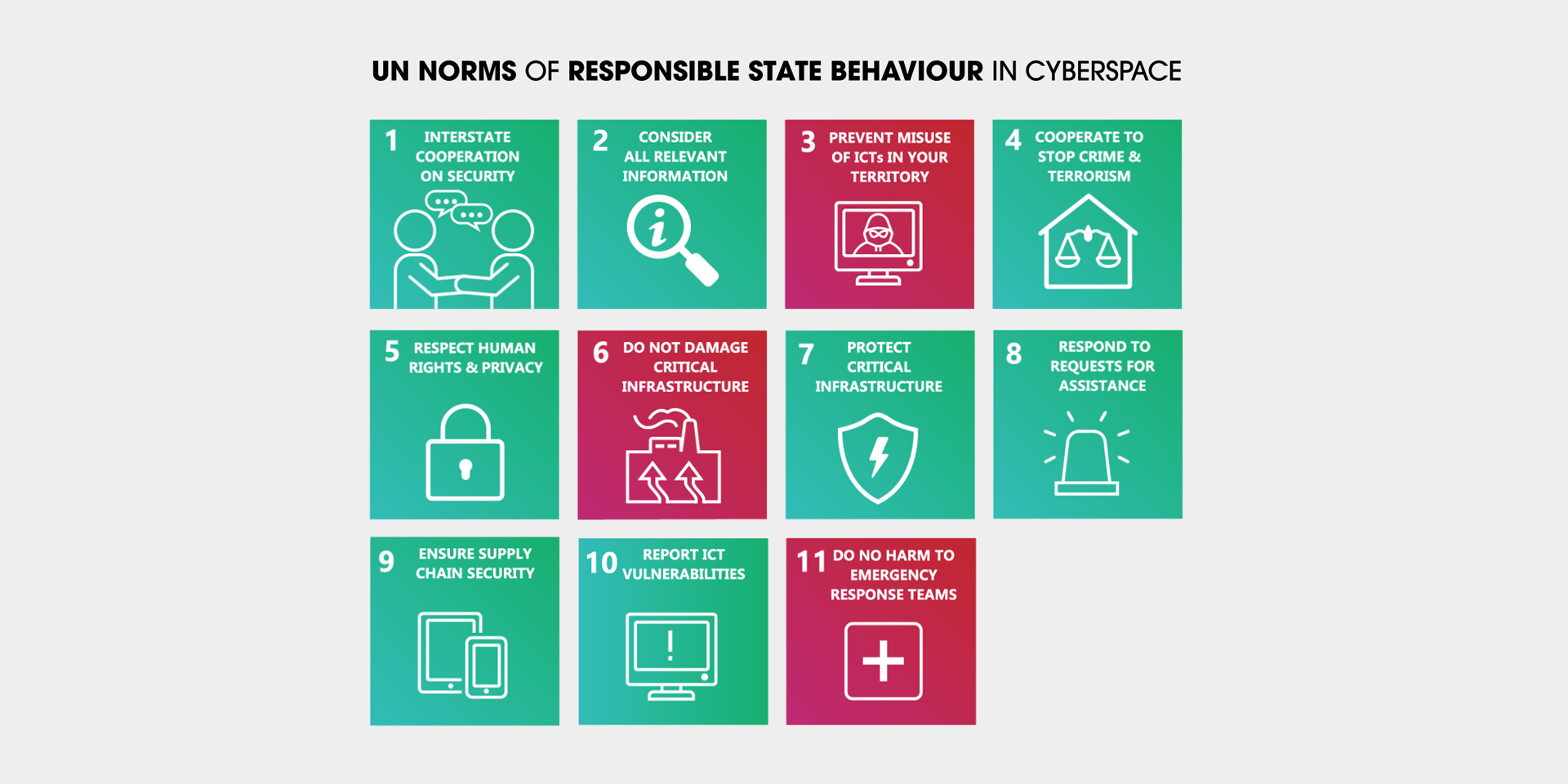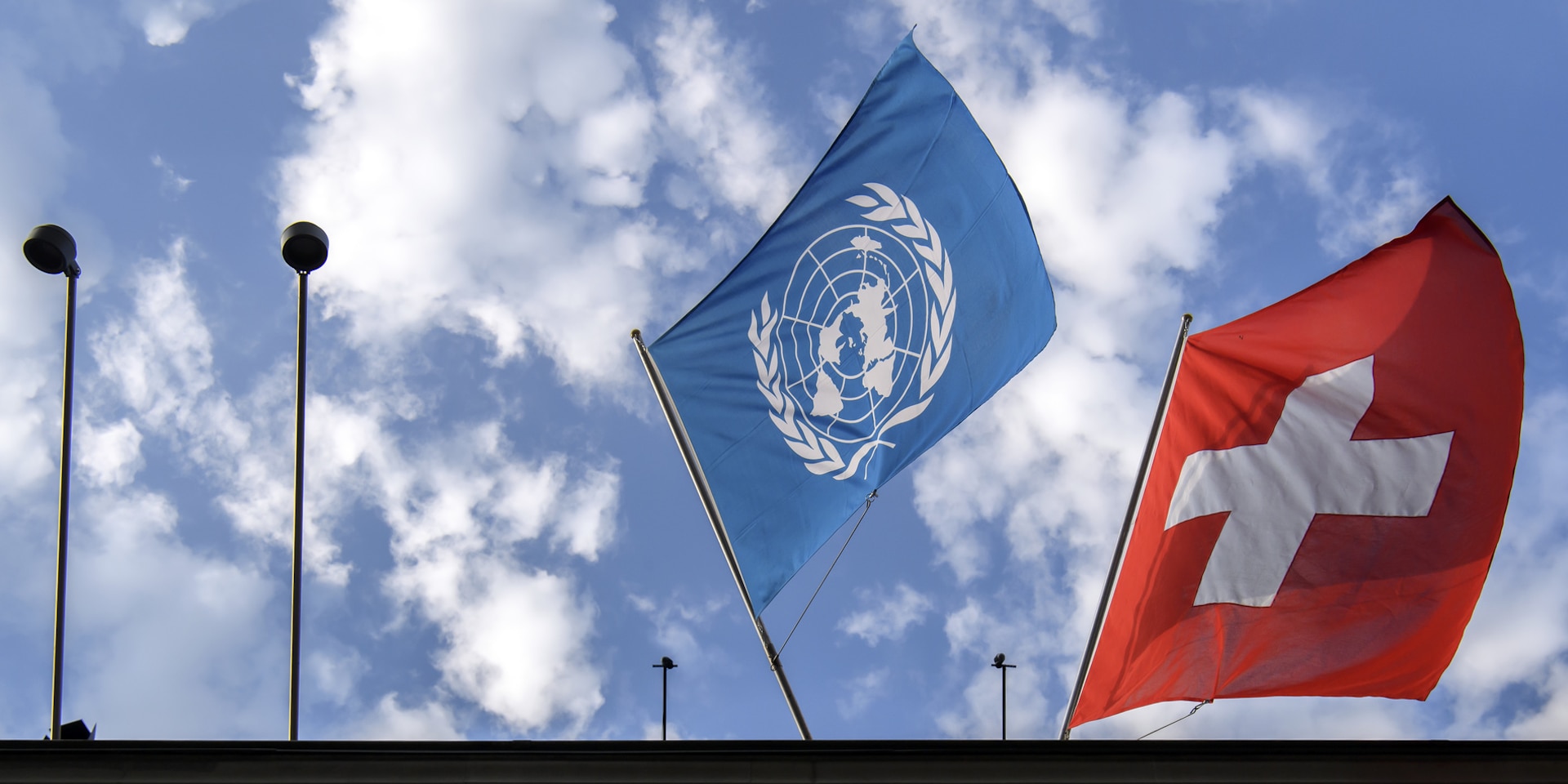Integrating human rights in business is a matter of global concern
The introduction of a mandatory corporate due diligence obligation widely supported last November with the Responsible Business Initiative has, in fact, already been implemented in recent years by many Swiss companies, including SMEs. Back in 2016, the Federal Council adopted an action plan on the subject based on the UN Guiding Principles introduced ten years ago. However, much promotional work remains to be done.

How can business and human rights be combined? The FDFA and SECO are committed to finding solutions not only for multinational companies but also for SMEs. © FDFA
Swiss tour operator tourasia, for example, addressed the issue of sustainability in tourism very early on: it guarantees equal pay for men and women for all its employees across Asia and strives to reduce the potentially harmful impact of tourism on the local population. In so doing, over the years it has worked to ensure a healthy balance between staff working conditions and the company's business activities.

During the pandemic, it also set up a support fund for employees and self-employed workers such as tour guides and drivers, who were particularly hard hit by the economic downturn. Around CHF 80,000 of direct financial support has been provided to people in need. In Myanmar, the country's health crisis is compounded by a military coup and uprisings. Therefore, emergency funding deployed there was also used to protect employees from the arbitrary actions of the authorities, thus offering them greater security in a volatile environment.
This is an example of a good practice in a sensitive environment, where the right balance has been found between business and society. Many such voluntary initiatives exist but, unfortunately, remain largely unknown to the general public.
Tourism: an important sector of the global economy
The Swiss people have shown that they are committed to achieving a healthy balance between economic efficiency and respect for human rights abroad with the close vote last November on the Responsible Business Initiative.
Tourism is just one of many economic sectors that can have a detrimental impact on human rights without sufficient preventive measures in place. All over the world, people are being forced to leave their homes to make way for the construction of new hotel complexes. Elsewhere, workers' rights are being abused, while further afield, children are being exploited or are victims of sex tourism.
Exactly ten years ago, states, companies, trade unions and NGOs met under the auspices of the UN to develop a legislative framework to limit the impact of economic activities on human rights in an effort to curb fundamental human rights abuses as far as possible. To date, this framework has prevented various types of abuse in a number of countries around the world. However, it is still suffers from low visibility among the general public and among representatives of small, medium-sized and some large enterprises.
In Switzerland, SMEs are particularly important as they make up a large portion of the Swiss economy. However, companies typically face limited human resources and expertise in the field of human rights, making risk management a major challenge, one which companies address when they realise the strategic importance of responsible business management, especially in the eyes of younger consumers. For that reason, the Confederation has invested heavily over the years in promoting the exchange of best practices and cooperation between various economic actors.
Much promotional work remains to be done
Much has been done over the past ten years to promote these guiding principles but awareness of their existence and content remains low, resulting in a lack of skills and expertise in many companies, particularly SMEs. Promoting corporate responsibility with regard to human rights essentially means looking at the impact of Swiss companies abroad with their subsidiaries and business partners in their supply chains. The Federal Department of Foreign Affairs (FDFA) and the Federal Department of Economic Affairs, Education and Research (EAER) are responsible for promoting awareness and implementation of the UN Guiding Principles and have done so since Switzerland adopted a National Action Plan (NAP) in that area.
A number of countries around the world have subscribed to the UN Guiding Principles, and a number of states have adopted a National Action Plan. For its part, the Federal Council has also acknowledged the crucial role of businesses in implementing and upholding human rights in Switzerland and abroad. Raising awareness among Swiss companies and companies with ties to Switzerland is important with a view to ensuring consistency between Switzerland's domestic and foreign policies.
As part of its commitment, Switzerland also supports the activities developed as part of the UN Global Compact, in particular those of its Swiss network, aimed at encouraging companies to develop responsible business conduct based on ten principles relating to human rights, the environment and anti-corruption.
The Swiss Confederation and the FDFA actively engaged since 2016
The first National Action Plan was adopted on 9 December 2016 under a parliamentary mandate, making Switzerland one of the first countries to have such a plan in place. Since then, around 30 events and workshops have already taken place with the participation of chambers of commerce, umbrella and industry associations and just over 500 companies, mostly SMEs. These events have promoted constructive dialogue with key stakeholders such as the cantons, the private sector, NGOs and the scientific community.
On 14 September, a Business and Human Rights Forum will take place in Bern. This platform will feature high-level presentations and practical workshops for companies and will serve as a venue in which to present a range of effective tools for promoting respect for human rights. Switzerland already has many programmes but, unfortunately, awareness remains low. Therefore, the forum aims to facilitate cooperation and the exchange of existing good practices.
At the same time, the various departments of the Federal Administration are working closely together; the National Action Plan implemented by the FDFA complements another action plan on corporate social responsibility (CSR) implemented by the State Secretariat for Economic Affairs (SECO), which is based on the OECD framework principles. These two plans are thus reflected in the umbrella strategies of Switzerland's Foreign Policy Strategy and Sustainable Development Strategy (see box). In this context, an interdepartmental working group of the federal offices concerned with Switzerland's various action plans and strategies meets regularly to coordinate activities and to ensure consistent implementation of the UN Guiding Principles. As always, the outcomes of this interdepartmental cooperation also serve as a basis for bilateral and multilateral consultations with other states.
A global level playing field: the challenge for the next decade
The FDFA also carries out specific bilateral and multilateral projects worldwide to promote the UN Guiding Principles in partner countries. It supports the development of NAPs and contributes to regional advocacy workshops in Latin America, Africa and the Middle East. Therefore, the priorities are to strengthen state commitments and continue to advocate a global level playing field – a major challenge for the next decade.
2030 Agenda and Foreign Policy Strategy
Revised for 2020–23, the 2016–19 NAP supports Switzerland's efforts to achieve the goals of the 2030 Agenda with particular regard to goals 8, 12, 16 and 17. The aim is to promote sustained, inclusive and sustainable economic growth, full and productive employment and decent work for all as well as sustainable consumption and production patterns, respect for the rule of law, and the fight against organised crime. Finally, the plan seeks to strengthen the means of implementation and to revitalise the global partnership for sustainable development. The 2030 Agenda describes our future world in these words. Furthermore, Switzerland's commitment to promoting respect for human rights in relation to business activities is in line with the priorities set out in its Foreign Policy Strategy 2020–23. It meets goal no. 3 regarding sustainability and promotes responsible business conduct in all economic sectors. This makes an important contribution to sustainable development and to solving societal challenges.
Links
- State Secretariat for Economic Affairs – Business and Human Rights
- State Secretariat for Economic Affairs – Corporate Social Responsibility (CSR)
- OECD Guidelines for Multinational Enterprises
- Global Compact Network Switzerland & Liechtenstein
- United Nations Global Compact
- Agenda 2030 for Sustainable Development



